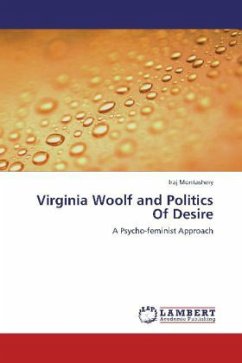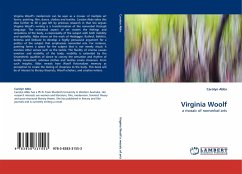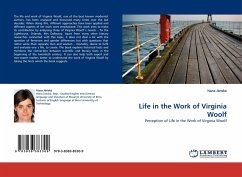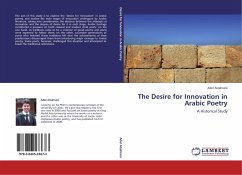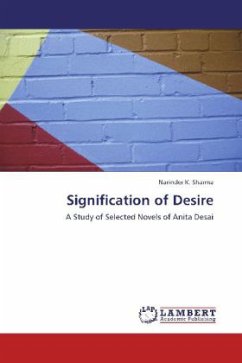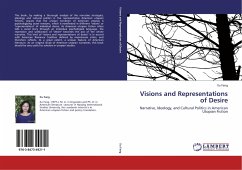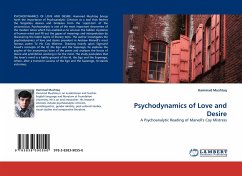In A Room of One s Own (1929), Virginia Woolf subversively urges that we think back through our mothers if we are women (132); this radical belief which was uncommon in Woolf s time turned out to be her lifelong commitment in her literary life, and which formulated a new form of intellectualism. This book explores Woolf s radical argument in locating subjectivity in relation to desire: the desire to return to the lost mother, whose absence is the source and initiator of all speech and writing. In my exploration of the ways in which desire informs textuality, I will focus on Woolf s Mrs Dalloway (1925), To the Lighthouse (1927) and The Waves (1931), and show, by way of écriture féminine, how desire acts both as a subversive element and as a defining element in disrupting and disturbing the commonly conceived and accepted binary thinking on sexuality. The latter opens up the possibility of a third gender, and consequently a new subject position. This book, therefore, provides a repertoire of some of the most challenging and groundbreaking issues within feminism, psychoanalysis and gender studies in relation to Virginia Woolf s works.

